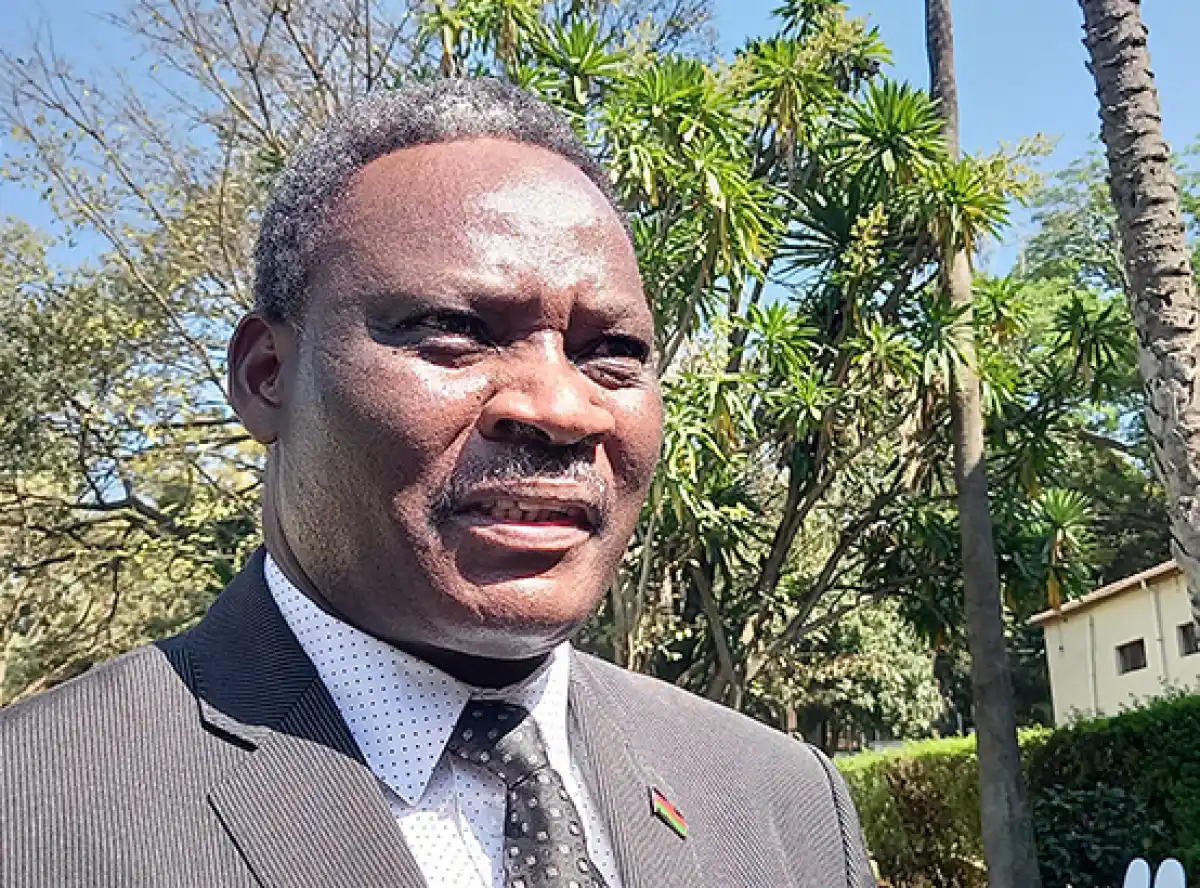
Chief Justice Rizine Mzikamanda has hailed the bench book the Judiciary has developed as key to ensuring uniformity in the handling of trafficking in persons (TIP) cases.
Speaking in Lilongwe yesterday when he presided over the validation workshop of the bench book, he said the guidelines were developed after noting inconsistencies in passing sentences on similar TIP cases by different courts of similar jurisdiction.

Said Mzikamanda: “We noted that since the operationalisation of the TIP Act [2015], there were a number of challenges when applying the law, the major one being inconsistencies when passing sentences.”
The validation meeting brought together judicial officers, Plan International Malawi and the Catholic Development Commission in Malawi.
High Court of Malawi Judge Fiona Mwale, who is chairperson of the steering committee which developed the bench book, said the book contains guidelines on the sentences for particular types of cases involving TIP, adding that TIP cases are classified according to the circumstances and gravity in which they happened and how a person was involved in the case.
“We have clearly treated class by class and given guidelines on the nature of sentences which can be given,” she said.
Ministry of Homeland Security Principal Secretary Steven Kayuni, who is also chairperson of the National Coordination Committee Against TIP, said trafficking cases are still a major concern in the country.
The exercise is part of the three-year Combating TIP which is being implemented by Plan International Malawi and Cadecom with support from the United States Government – Department of State in Mulanje and Mwanza.








0 Comments